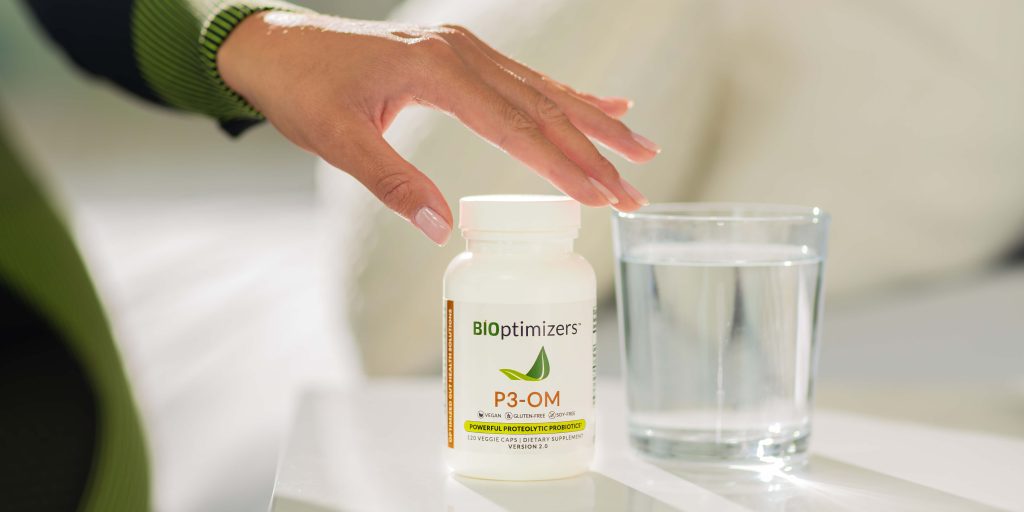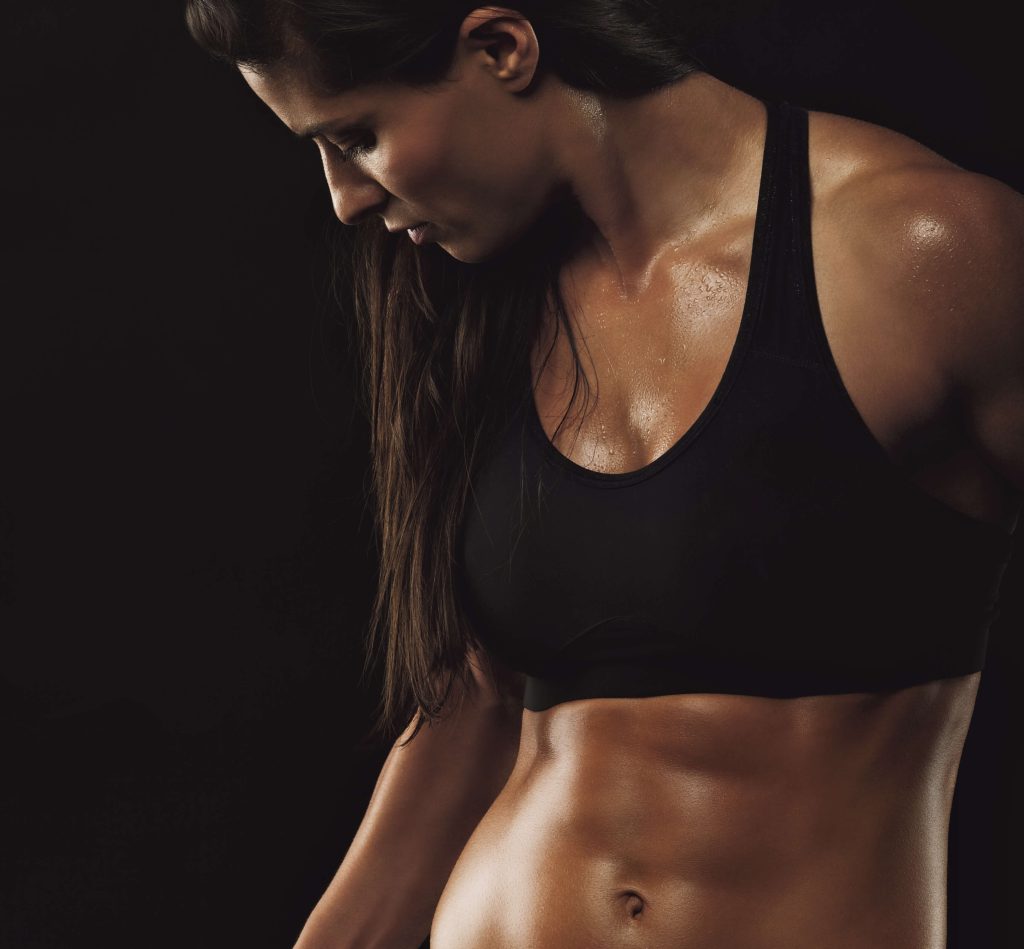7 Reasons Why YOU Should Eat More Protein Rich Foods
Macros are currently a very popular discussion topic for many and it might seem as though almost everyone has an opinion on them. One thing that most ‘health experts’ can agree on though is the importance of protein in the diet. There may be disagreements with precisely how much protein we should be eating specifically,…
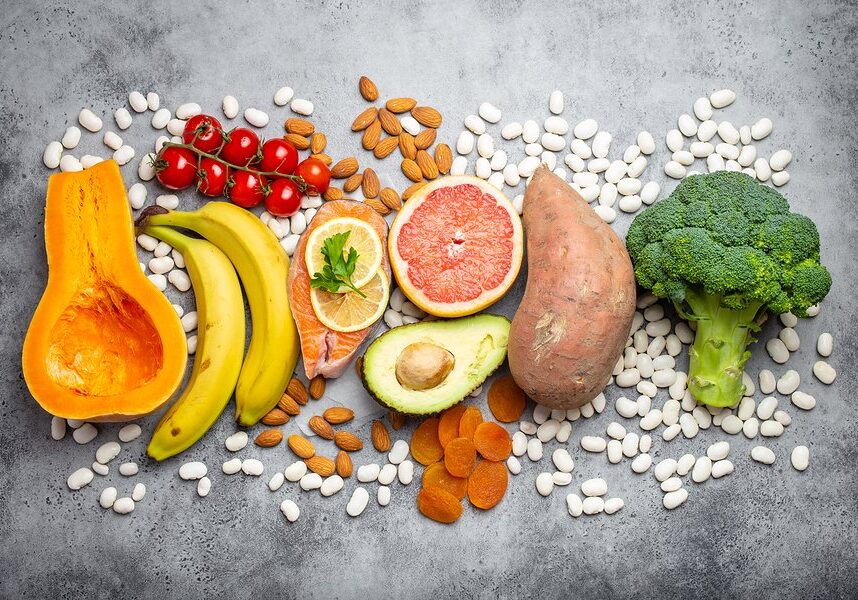
Macros are currently a very popular discussion topic for many and it might seem as though almost everyone has an opinion on them. One thing that most ‘health experts’ can agree on though is the importance of protein in the diet.
There may be disagreements with precisely how much protein we should be eating specifically, but on the whole, most people who are professionals in the field would state that we as a nation are eating too many carbs and fats and not enough proteins.
So why eat more proteins? What do proteins have to offer and why should you take advantage of them?
There are many reasons to eat more protein and whether you are young, old, fit or unfit, at an ideal weight or overweight, protein can benefit you.
Let’s first define what protein is and then go over some of the key reasons to eat more protein in your daily diet.
Then let’s finish off with a list of the best protein-rich foods you should consume.
What Is Protein?

First up is the discussion of what protein is. Protein is a macronutrient (meaning an energy supplying nutrient and a major one at that) that provides the structural building blocks that are used to create new body tissues and repair old ones.
Think of protein as the wood and bricks used to build a house. You can have all the manpower (carbohydrates) you want, but if you don’t have those basic building supplies, you aren’t going to get very far.
By eating protein, you provide that.
Protein is also used to create enzymes as well, which are catalysts that spark certain reactions in the body. Without these catalysts, the reactions would not occur and this could lead to other health problems or malfunctioning.
Protein can also be used as an energy source through a process called gluconeogenesis, however, note that this process is very energy demanding, meaning you expend a lot of calories just to break down that food. As a result, it’s not that effective as an energy source.
So while you can do it, it’s simply not ideal. You are far better off focusing on simply getting your energy needs met from carbohydrates and fat instead.
Let’s now look at the benefits of getting more protein into your diet.
1. Better Recovery From Exercise
Each and every time you hit the gym to do a workout, you’re breaking your muscle tissues down. This happens and then when you rest and nourish your muscle tissues, they rebuild themselves back up stronger than they were before.
Since protein provides the amino acids necessary to rebuild these protein tissues, without it, you simply will not recover as you should. Eventually, you will get enough through food volume accumulation, but this will not be at any appreciable speed to actually help you progress from your exercise program.
Those who aren’t getting enough protein will spend more time simply recovering from their workout than doing their workouts in the first place. Adding protein, mixed with carbs, helps resolve this1.
2. Increased Lean Muscle Mass
Next up on the benefits list is increased muscle mass tissue. If you do go ahead and train hard and eat more calories than you burn off, your body will be able to generate more lean muscle mass as you gain weight.
Note, however, two things have to happen here.
1. You need to provide an overloading stimulus with your workout sessions. Meaning, you need to push yourself and try to do more than you did the last time. If you aren’t doing that, you aren’t going to be giving your body a reason to build muscle. If you don’t train at all and just overeat in food, you will gain weight, but not much muscle. Most will be excess body fat. The workouts are what help you build muscle effectively.
2. You need to consume more calories. Building muscle isn’t just about eating more protein. You need that calorie surplus. You can’t build muscle out of thin air so without more calories coming into your diet plan over and beyond what it takes to maintain your weight, you aren’t going to see results.
Many people make the mistake of thinking that if they just eat more protein, that’ll do the trick. And if this means they take in more calories, it very well may, but you need carbs and fats too in order to build muscle. Both of these provide the energy for the body to assimilate new muscle tissue with.
If both of these are in place and you are eating enough protein, then you will start seeing changes in your physique. As you gain weight, you will see muscle coming on (with, likely, a bit of body fat as well) and once you’ve reached the size level you’re going for, you can then begin to lose fat and reveal the muscle you worked so hard for underneath.
3. Stabilized Blood Glucose Levels
Keeping your blood glucose levels constant as you go about your day is also a key factor for maintaining optimal health. It’s also going to help prevent diabetes, which is a condition that we should all be on the lookout for today. More and more people are starting to suffer from diabetes and this is largely due to the type of diet they are eating.
They’re focusing on high carb, high-fat foods to the exclusion of protein almost, which is exactly the opposite of what will best help control blood glucose levels.
In order of hierarchy for controlling blood glucose levels, the macros rank as follows:
1. Fat
2. Protein
3. Carbohydrates
If we break carbohydrates down even further, it would be fiber, then starch, then sugar.
So in an ideal world, you would eat meals that consist of fat, protein, and then some fiber. This will help give you all three macronutrients while ensuring that you are doing your best to control blood glucose levels.
Dietary fat has zero impact on blood glucose levels and protein can have a very small amount. The fiber helps slow the passage of all foods down through the digestive tract so this will cause any sort of blood glucose release from the protein to come to a halt.
Aiming to get around 20-30 grams of protein per main meal and 10-15 grams of protein per snack should put you in the sweet spot for seeing good blood glucose control2.
4. Improved Weight Loss Results
Along with keeping your blood glucose levels stabilized, you can also expect to see improved weight loss results by adding more protein to your diet. Protein helps with weight loss in a few different ways.
1. Enhanced metabolic rate.
First, protein can help to boost your metabolic rate. It does this through a concept known as the thermic effect of food. This basically means how much energy your body is using to simply break down the protein. Protein is a very energy costly nutrient to break down, so you will find that you are using quite a bit of energy.
The overall rates are around 15-20 calories per 100 calories of protein and 4 calories per 100 calories of carbohydrates. Then 2 calories per 100 calories of fat will be used just to break it down.
While this may not seem like much, it does add up over time and can play a role in improving your overall rate of fat loss.
2. Reduced Hunger.
Second, having more protein in your diet can also reduce your hunger level as well. While protein is second on the list for combating blood glucose high’s, it’s first on the list for satiety3.
Dietary fat also helps out significantly with satiety, however, because dietary fat takes so long to break down, it takes a while for you to feel full after eating it.
Protein, however, helps you feel full almost instantly, so it’s a great way to help keep you from overeating on your diet plan.
3. Blood Glucose Control.
Finally, as noted above, it’ll help control your blood glucose levels. This means less insulin will enter the picture after your meals, which then means less of a risk of body fat gain.
Whenever insulin is high and calories (especially from fat and carbs are also high), this can lead to trouble in terms of potential body fat gain.
Those who have higher protein intakes in their diet plan almost always experience better overall fat loss results as well.
5. Mood-Boosting Benefits
Next up we have the power of mood-boosting benefits that protein-rich foods give. When you eat protein-rich foods, you’ll get the amino acid L-Tryptophan, which helps to relax the body and mind and can help to also elevate your mood.
In addition to this, protein also plays a key role in the development of the neurotransmitters dopamine and serotonin, which also help to boost your mind and put you into a feel-good state.
When these neurotransmitters start to run low in the body, that’s when symptoms such as anxiety, depression, and stress can all start to come into play.
This isn’t to say simply eating enough protein will help you avoid these entirely, but it will definitely lessen the overall effects they have on you.
6. Enhanced Heart Health
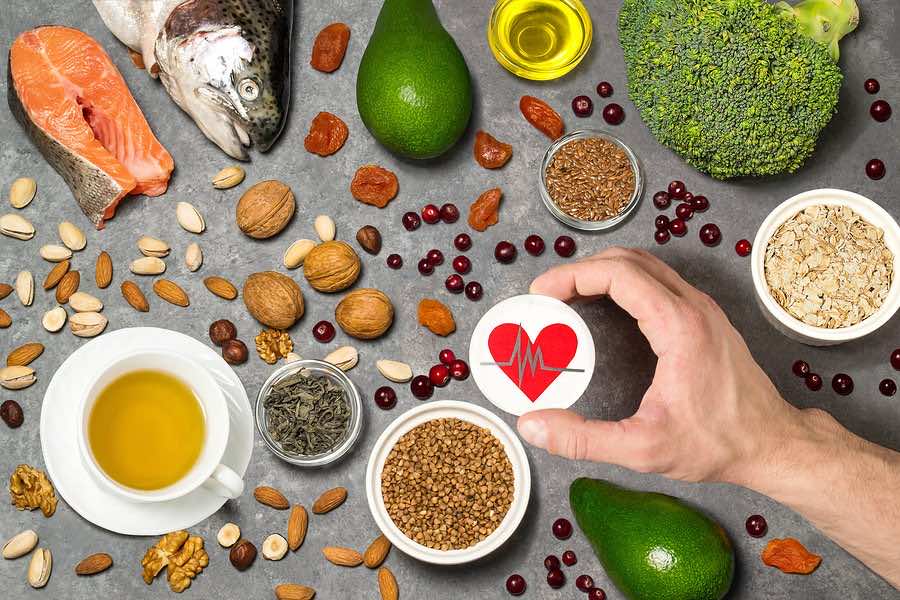
Did you know that if you are looking to improve your heart health, eating more protein may help? The reason for these ties back into keeping your blood glucose levels constant and helping to promote greater rates of weight loss as well.
When you have these working in your favor, that is also going to mean that you have a better chance at keeping your cholesterol levels lower, which then puts you at less risk for heart attack and stroke.
Note though, if you choose the wrong protein-rich foods and fill your diet full of fatty cuts of meat, then this may have the opposite effect. You’re going to want to keep your animal fat down, so choosing lean cuts of protein is a wise move.
7. Stronger Bones
Finally, getting more protein in your diet plan can also help improve your overall bone strength as well. It’s easy to find yourself caught up in focusing very intensely on keeping your muscles strong and recovering, but we cannot forget about the role that having strong bones plays as well.
If your bones are your weakest link, whenever you go to do heavy weight exercises, they will begin to come up short, either suffering from pain or injury, limiting what you can do.
Stronger bones are built with the same amino acids that help build muscle, however, they are used differently and also require other essential minerals such as calcium, phosphorus, and vitamin D as well.
So as you can see, there are many reasons why adding more protein to your diet is beneficial. Most people simply are not eating enough so making that extra effort to get protein in will go a long way towards optimizing your health.
Don’t think you need to eat hundreds of grams per day either. Most adults are fine with eating between 100-150 grams assuming they are of normal body weight.
The generally accepted recommendation for active individuals lies between 0.8 and 1.0 grams per pound of body weight.
Note that if you are dieting and using a lower calorie intake, you may want to take this up to 1.2-1.5 grams/lb. depending on how aggressive your diet is because in this situation, as there is a lack of carbs and fats coming in for energy, the body may use some of that protein to fuel energy based activities, thus leaving less left over to help maintain the muscle mass tissue.
Now that you have all this information, let’s look at the best protein-rich foods to eat. You’ll always get the highest amount of total protein by eating animal-based foods, however, if you are a vegetarian, there are still some good sources. Just do keep in mind that most vegetarian sources of protein also do come with added carbs and fats, so you’ll have to be working those into your total daily diet plan as well.
Top Sources Of Protein
1. Chicken
2. Turkey
3. Lean cuts of beef (sirloin, eye of round, etc.)
4. Venison
5. Bison
6. Pork tenderloin
7. Fatty varieties of fish
8. White varieties of fish (that aren’t so fatty)
9. All seafood
10. Eggs (especially egg whites)
11. Low fat, low sugar dairy products (cottage cheese, Greek yogurt, etc.)
12. Whey protein powder
13. Tempeh, tofu
14. Soybeans
15. Beans and lentils (also supply a high amount of carbohydrates)
16. Nuts and nut butter (also supply a high amount of dietary fat)
If you can focus on eating these as often as possible with your diet plan, that will be your best case scenario.
So there you have everything you need to know about why getting more protein into your diet plan is a smart move for optimal health and body composition management.
Ask yourself this: do you know how much protein you’re taking in on a daily basis?
Frequently Asked Questions
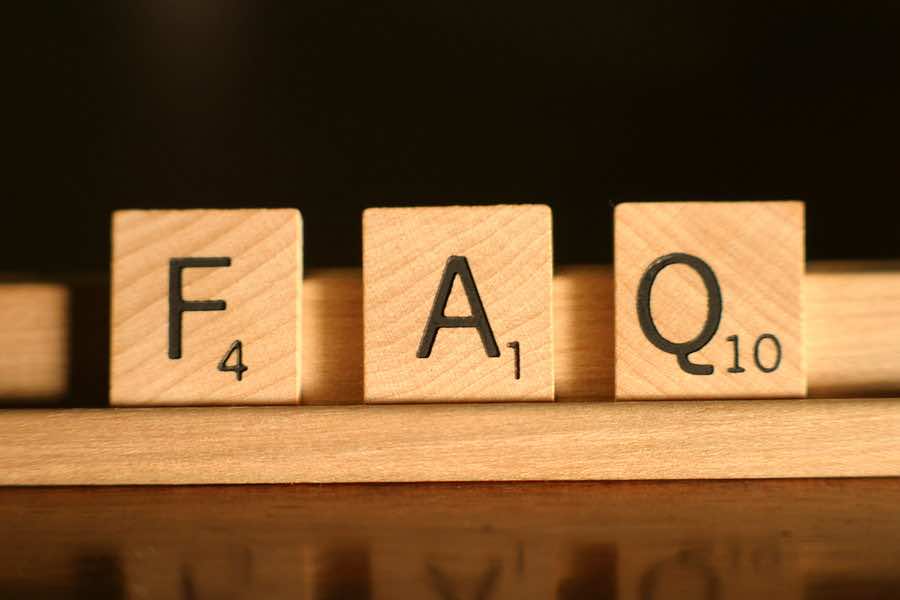
What foods are highest in protein?
The foods highest in protein are the ones that come from animals, so foods like chicken, beef, fish, turkey, and bison. Dairy products can also be high in protein as well but will contain some milk sugar.
What is protein made up of?
All protein is made up of hydrogen, carbon, oxygen, nitrogen and amino acids.
What is the healthiest protein?
Stating a single healthiest protein is very challenging as different proteins have different benefits. Chicken is great because it’s versatile and low in fat and carbs. Salmon is great because it’s rich in omega-3 fatty acids and protein and beef is great because it provides protein along with the nutrients zinc and vitamin B12. It depends on what your goals are when considering which one is the very best.
What happens to protein in the body?
Protein enters the body and then is broken down into amino acids. These amino acids are then used to build and repair body tissues or if needed, can also be utilized as energy as required.
If excessive amounts of protein are consumed, the extra will be converted to body fat just as any other nutrient would be.
Does protein burn fat?
While eating protein itself does not burn fat per se as you are still netting calories, the process of breaking protein down can boost your metabolism and because protein does reduce hunger levels, this may make it easier to stick with your reduced calorie diet plan in the long term.
References:
1. Ivy, John L., et al. “Early post-exercise muscle glycogen recovery is enhanced with a carbohydrate-protein supplement.” Journal of Applied Physiology (2002).
2. Gannon, Mary C., and Frank Q. Nuttall. “Effect of a high-protein, low-carbohydrate diet on blood glucose control in people with type 2 diabetes.” Diabetes 53.9 (2004): 2375-2382
3. Burley, V. J., A. W. Paul, and J. E. Blundell. “Influence of a high-fiber food (myco-protein^*) on appetite: effects on satiation (within meals) and satiety (following meals).” European Journal of Clinical Nutrition 47 (1993): 409-409





